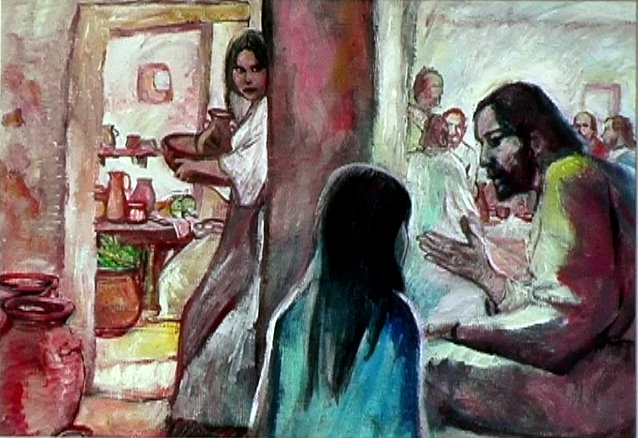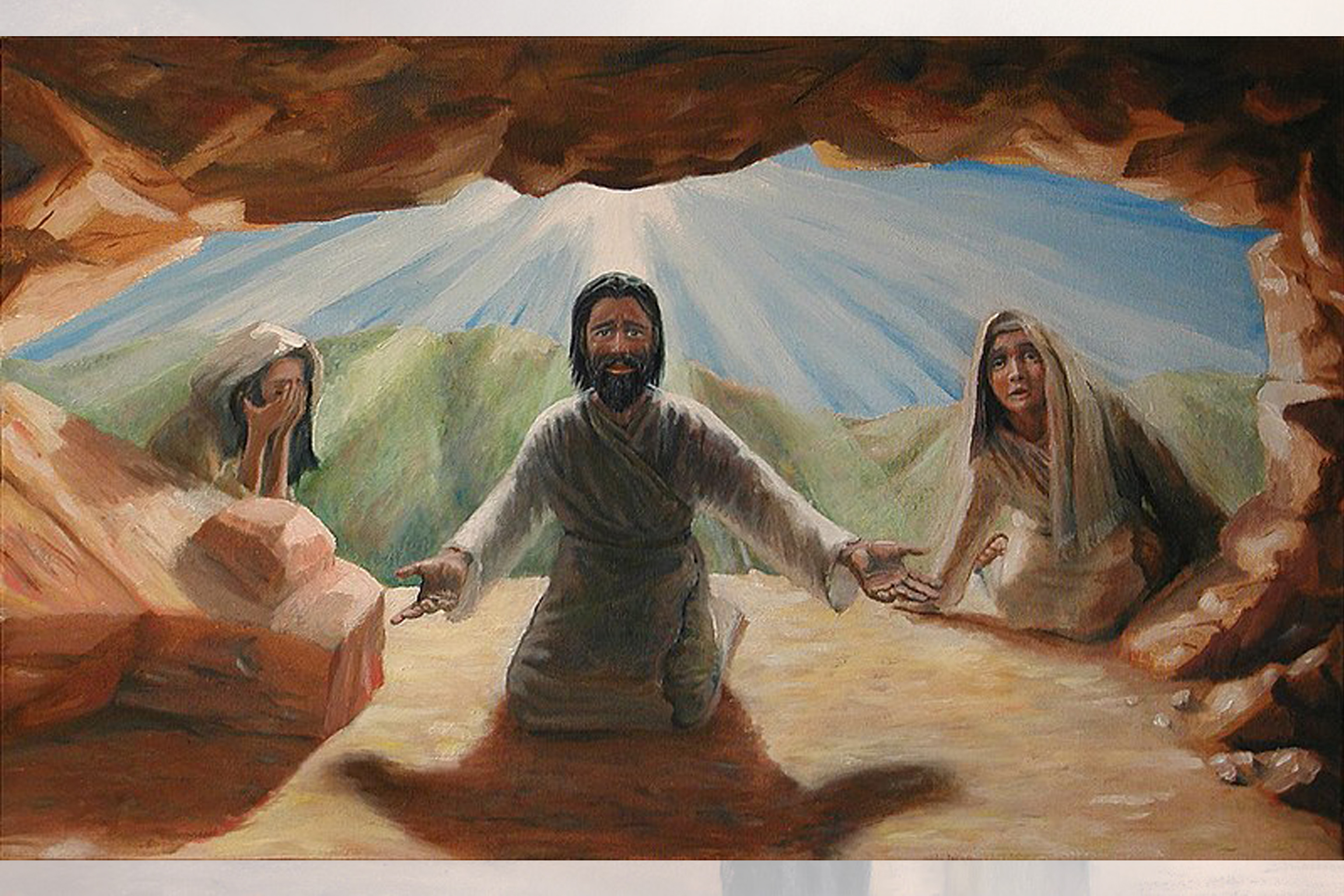Themes from story of Mary and Martha: being busy, always on the go vs making space for mindfulness and being present
Do you ever feel like there’s just too much to do and that you can’t get it all done? Do you feel like you don’t have enough time for the things that really count? — Mary Stephens Help me find a way to be a perfect blend of Mary’s heart and Martha’s hands — from […]


